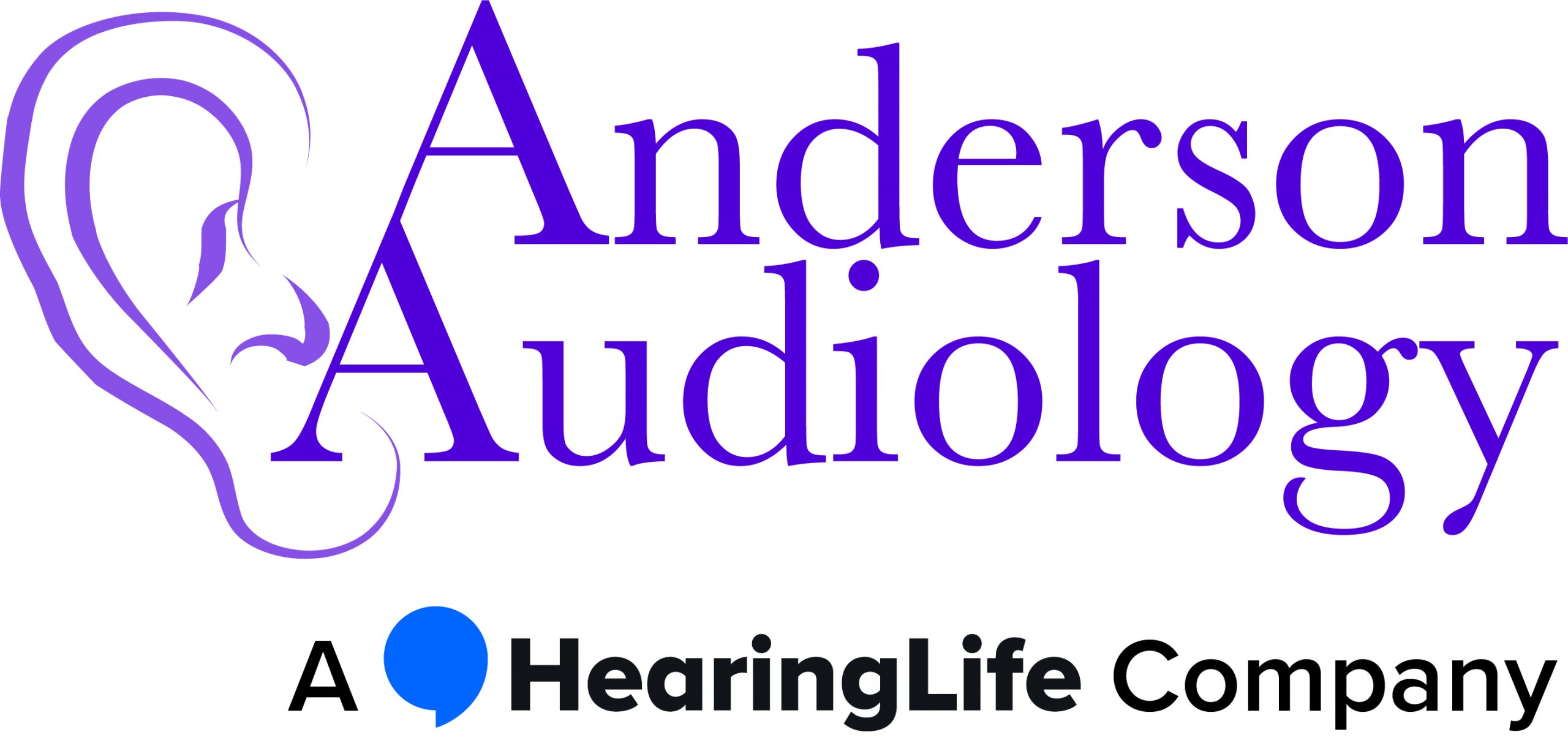Vertigo, characterized by a sensation of spinning or dizziness, and hearing loss are two common yet distinct auditory and vestibular disorders. While they may seem unrelated at first glance, there is growing evidence to suggest a significant link between the two conditions.
Understanding the potential relationship between vertigo and hearing loss is essential for effective diagnosis, treatment, and management. Let’s delve into this intriguing connection and explore its implications for individuals affected by these disorders.
The Inner Ear Connection
The inner ear plays a crucial role in both hearing and balance, housing sensory organs responsible for detecting sound waves and detecting motion and spatial orientation. Conditions affecting the inner ear, such as infections, inflammation, or structural abnormalities, can disrupt both auditory and vestibular function, leading to symptoms of vertigo and hearing loss.
Common Underlying Conditions
Several underlying conditions may contribute to both vertigo and hearing loss, including:
- Meniere’s Disease: Meniere’s disease is a chronic vestibular disorder characterized by episodes of vertigo, fluctuating hearing loss, tinnitus (ringing in the ears), and a sensation of fullness in the affected ear. The exact cause of Meniere’s disease is unknown, but it is believed to involve fluid buildup in the inner ear.
- Vestibular Neuritis: Vestibular neuritis, also known as labyrinthitis, is an inflammatory condition affecting the vestibular nerve—a nerve that transmits sensory information from the inner ear to the brain. Alongside vertigo, individuals with vestibular neuritis may experience hearing loss or imbalance.
- Acoustic Neuroma: An acoustic neuroma is a benign tumor that develops on the vestibulocochlear nerve, which connects the inner ear to the brain. While these tumors are rare, they can cause symptoms such as hearing loss, tinnitus, and vertigo as they grow and compress nearby structures.
Diagnostic Evaluation
Diagnosing the relationship between vertigo and hearing loss typically involves a comprehensive evaluation by a hearing healthcare specialist or an ENT specialist. Diagnostic tests may include:
- Audiological Assessment: Hearing assessments, such as audiometry and tympanometry, can evaluate the extent and nature of hearing loss.
- Vestibular Testing: Vestibular function tests, such as electronystagmography (ENG) or videonystagmography (VNG), assess the function of the inner ear and vestibular system.
- Imaging Studies: MRI or CT scans may be ordered to evaluate the inner ear structures and identify any underlying pathology, such as tumors or structural abnormalities.
Treatment and Management
Treatment options for vertigo and hearing loss depend on the underlying cause and severity of symptoms. Depending on the diagnosis, treatment may include:
- Medications: Medications such as vestibular suppressants, diuretics, or corticosteroids may be prescribed to alleviate symptoms and manage underlying conditions.
- Vestibular Rehabilitation: Vestibular Rehabilitation Therapy (VRT) involves exercises and maneuvers designed to improve balance and reduce symptoms of vertigo.
- Hearing Aids: For individuals with hearing loss, hearing aids can improve auditory function and enhance communication abilities.
- Surgical Interventions: In cases of structural abnormalities or tumors, surgical interventions such as tumor resection or decompression surgery may be recommended.
Need Help? Contact Us Today!
Our experienced hearing healthcare specialists are here to provide comprehensive hearing assessments and guide you towards optimum hearing health. Reach out to us if you are concerned that your hearing could be causing vertigo. Call us today on 702-997-2964. Alternatively, click here to request an appointment online.

